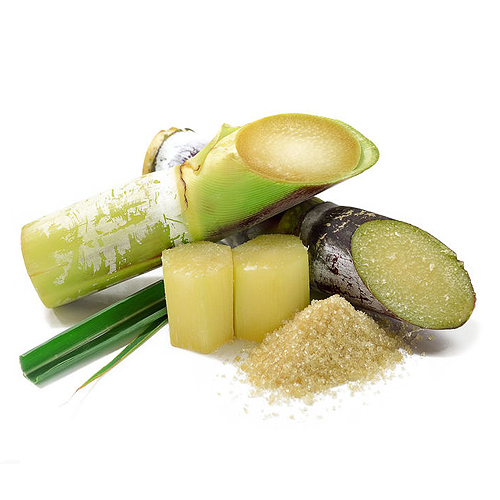Sugars

Sugars
Almost every cell in our bodies have mitochondria. Mitochondria are like engine rooms in our cells. They are responsible for producing energy. This is the same energy that allows us to wake up feeling refreshed and ready to face the day.
When our mitochondria are not functioning well we have less available energy, we might feel sluggish and constantly fatigued. We may feel like going straight back to bed again or that our sleep isn’t refreshing.

In order to function well, mitochondria need a rest from their work of converting sugar into energy. Normally they take a break at night when there is no sugar around. During this time they undergo breakdown and a rebuild. This process is called Mitophagy. Mitophagy can only take place during a fasted state.
A fasted period is therefore very important for our wellbeing. People vary in the amount of ‘down- time’ their mitochondria needs and the function of our mitochondria can also depend on how much damage has been done to them.
For a good functioning mitochondria we need the following:
- Exercise
- Good gut microbes
- Vitamin K2
- Ketones
- Calorie restriction/reduced sugar
- Antioxidants
Fructose
Fruit contains fructose. Most people assume that because it’s in fruit the fructose is not harmful. However studies show that fructose from fruit and fruit juices contribute to our total fructose consumption. Total fructose consumption is linked to obesity, high blood pressure, raised triglycerides (bad fats), non-alcoholic fatty liver disease and gout. Yes gout - I’ll take this up some more below. High blood pressure, obesity and diabetes were first described in the UK and France, which is also where sugar was first introduced to the general public. The consumption of fructose and the cheap, sweet, high fructose corn syrup (HFCS) found in some cakes and biscuits have been identified as key players in the causation of these chronic diseases.
Gout
Traditionally, medics are taught that uric acid gout comes from eating too much red meat or red wine. Although this is not wrong, studies also show that raised uric acid can be secondary to excess fructose intake. Other types of gout also exist, called pseudogout. In my experience, as I am seeing more and more people in my clinic with unexplained joint pain and stiffness, a search through literature and a look at some urine results has shown me that some people suffer from raised oxalate levels. Oxalates are covered elsewhere but suffice to say that sugars in our diet can feed pathogenic yeasts in our gut which then produce lots of oxalates. Oxalates combine with free circulating calcium and can be deposited in soft tissues and joints. Hence, if our gut microbe balance is wrong and we have gut dysbiosis, eating too much sugar including sweet fruit can be detrimental to both gut health and joint health.
Sugar and fats
I see patients in my clinic with joint pains. When I analyse their blood results, a recurring picture is one of low grade inflammation and abnormal fats. When you have a blood test for cholesterol, the results are often broken down into HDL - the so called ‘good fat’ and LDL - the so called ‘bad fat’. Some analyses will give a ratio of total cholesterol with either of these parameters and some laboratories will also give the triglyceride (TG) levels. The TG level is the most interesting for me as it tells me about fructose consumption. Excess fructose consumption results in raised uric acid levels. The raised uric acid levels can result in abnormal fat metabolism by the liver giving a raised TG level. I can tell when someone eats too much refined sugar just by looking at the uric acid and the TG levels.
Conclusion
Our mitochondria are the energy generators in our cells. They need a night time break from sugar metabolism. People vary in how much ‘mitochondrial downtime’ they need.
Excess sugars, particularly fructose, is associated with obesity, high blood pressure, raised triglycerides (bad fats), non-alcoholic fatty liver disease and gout.





